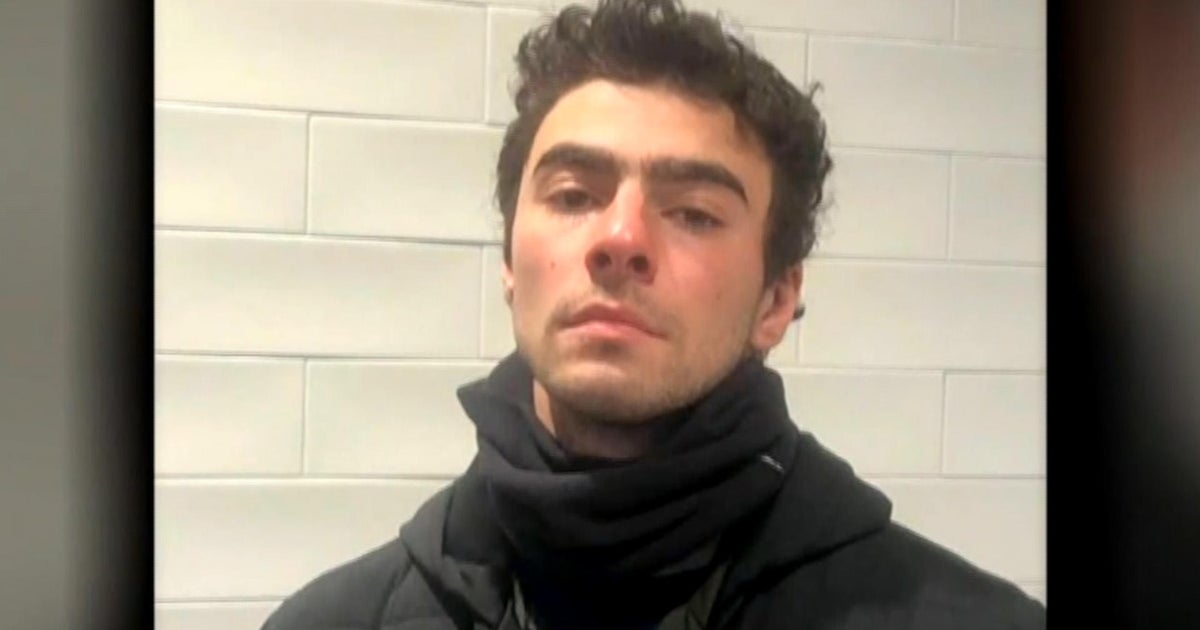The Guardian view on South Korea’s martial law debacle: a democratic beacon needs new leadership | Editorial
President Yoon Suk Yeol’s alarming attempt to impose his will could hardly be worse-timed for a key Asian power The South Korean president’s bizarre, appalling and short-lived attempt to impose martial law last week is still wreaking havoc. Police attempted to raid Yoon Suk Yeol’s office on Wednesday as they investigate him for a potential offence of insurrection. His party says he will hand power to the prime minister and party chief; others call that an unconstitutional “second coup”. It is a measure of the country’s progress since democratisation in the 1980s that the main opposition leader, Lee Jae-myung, initially thought the president’s announcement had been deep-faked, and now describes it as “preposterous”.Mr Yoon claimed without evidence that martial law was necessary to eradicate the threat from “despicable pro-North Korean anti-state forces” – meaning the opposition. Though other conservatives share his bitter conviction that the left are Pyongyang-sympathisers, most people believe the decision primarily reflected his erratic and personalised rule. A political outsider, he made his name as a top anti-corruption prosecutor, but grew angry at scrutiny of his wife’s conduct as well as parliamentary obstruction of his policies. Despite his dismal approval ratings he seems to have thought that the people would back him. Within six hours, he was forced to U-turn. Continue reading...

President Yoon Suk Yeol’s alarming attempt to impose his will could hardly be worse-timed for a key Asian power
The South Korean president’s bizarre, appalling and short-lived attempt to impose martial law last week is still wreaking havoc. Police attempted to raid Yoon Suk Yeol’s office on Wednesday as they investigate him for a potential offence of insurrection. His party says he will hand power to the prime minister and party chief; others call that an unconstitutional “second coup”. It is a measure of the country’s progress since democratisation in the 1980s that the main opposition leader, Lee Jae-myung, initially thought the president’s announcement had been deep-faked, and now describes it as “preposterous”.
Mr Yoon claimed without evidence that martial law was necessary to eradicate the threat from “despicable pro-North Korean anti-state forces” – meaning the opposition. Though other conservatives share his bitter conviction that the left are Pyongyang-sympathisers, most people believe the decision primarily reflected his erratic and personalised rule. A political outsider, he made his name as a top anti-corruption prosecutor, but grew angry at scrutiny of his wife’s conduct as well as parliamentary obstruction of his policies. Despite his dismal approval ratings he seems to have thought that the people would back him. Within six hours, he was forced to U-turn.








































